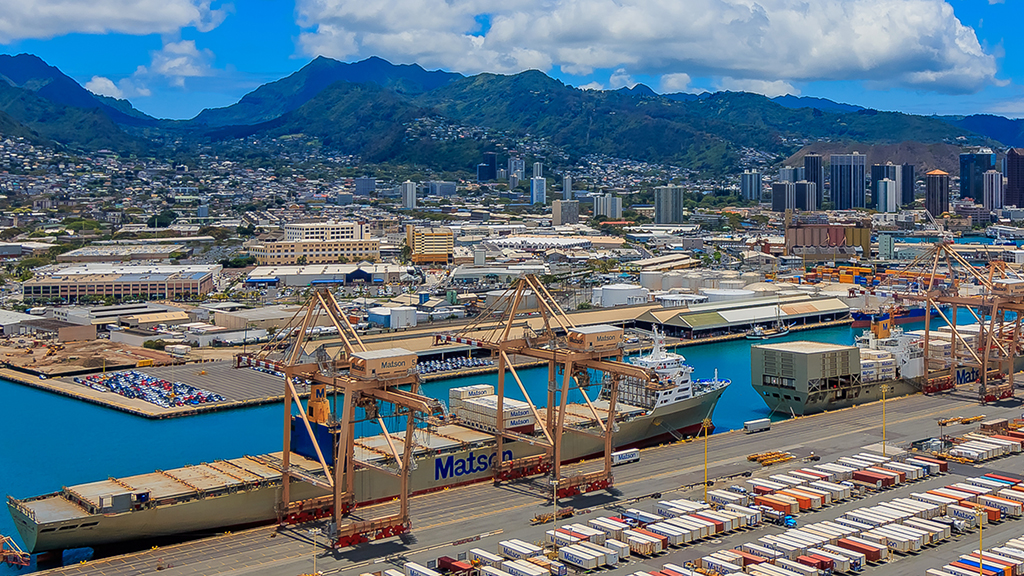Abstract
This case study illustrates the importance of decision-making based on sound science, business practices, engineering standards, and ethical principles. In 2013, approximately 1,400 tons of molasses spilled into Honolulu Harbor, wiping out sea life as the molasses sank to the bottom of the harbor and caused widespread deoxygenation. Coral, sea grasses, and more than 26,000 fish and other marine species suffocated and died. From the outset, the cause of the disaster (leaky pipeline) was clear as well as the entities involved (Matson Navigation Co. and the Hawaii Department of Transportation Harbors Division). Less clear was whether the disaster was due to human negligence or poor organizational decisions. This analysis and discussion case was developed for use in an undergraduate management policy course for business, engineering, and technology students, and anyone needing practice in analyzing the actions of private companies and public agencies that may result in undesirable environmental, economic, and social outcomes. It can also be used in a variety of other undergraduate lower division courses including environmental science, marine science, biology, chemistry, and engineering.



